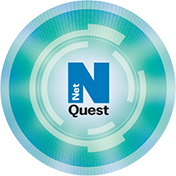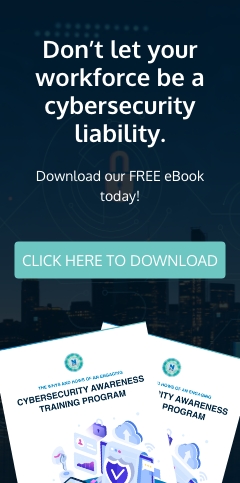If you’ve decided to move your business to the cloud, then you’ve already made the first step toward transforming your operations. Things don’t stop there, however – the next step is to decide who will host your data and systems, and how everything will be set up. The most important consideration is whether to choose a public, private, or hybrid cloud environment. Let’s explore the options:
The Public Cloud
Anyone who uses the internet relies on the public cloud every day. Examples of public cloud services include web-based email, Google Docs, and online storage services like OneDrive and Dropbox. In other words, the public cloud includes web apps and services that are available to everyone.
From a business user’s perspective, the main difference between public and private clouds is that public cloud providers use their data centers to store and distribute data belonging to lots of different organizations.
Many services that businesses rely on daily are hosted in a public cloud environment where computing infrastructures are shared between multiple customers. Some of the world’s biggest cloud providers include Amazon AWS, Microsoft Azure, Rackspace, and Google Cloud, all of which accommodate hundreds of thousands of clients in their cutting-edge data centers. It’s these enormous economies of scale that allow public clouds to offer affordable and flexible pricing plans, in addition to easy accessibility from any internet-connected device anywhere.
The Private Cloud
Private clouds are analogous to an intranet in that they’re developed entirely for a single organization without sharing resources with other tenants. Private cloud platforms may be hosted in in-house data centers maintained by dedicated IT departments, or externally by a third party. Unsurprisingly, the latter option tends to be cheaper and more reliable because it doesn’t rely on limited in-house computing and human resources.
Since they’re developed specifically for one company, private cloud infrastructures are inherently customizable and secure. For organizations with very specific goals and organizational needs, the private cloud -- at least in theory -- provides the optimal solution. Furthermore, as your computing resources are completely locked down to outsiders and not shared with other tenants, they’re far more secure. Availability may also be more predictable since many public cloud providers schedule a certain amount of downtime for maintenance and upgrades.
The Hybrid Cloud
Public clouds often come with a one-size-fits-all approach, which means they aren’t always suited to an organization’s specific needs. On the other hand, private clouds can be expensive, particularly if you plan to buy all the hardware yourself. As the name suggests, hybrid clouds present something of a compromise between the two, using both private and public services. For example, an app might be hosted in a private cloud, while the public cloud may accommodate sudden increases in usage.
Over a third of companies are currently using a hybrid cloud infrastructure because it offers the best of both worlds. As more companies migrate to the cloud, a hybrid computing environment serves as a stopgap from stepping away from in-house resources to having everything hosted in the cloud. However, one of the most pervasive reasons for adopting a hybrid cloud approach is that it’s simply more convenient. For example, businesses might use the public cloud for many of their everyday operations while keeping sensitive data stored privately.
NetQuest helps businesses boost performance through smarter use of cutting-edge technology. If you’re tired of wasting hours trying to deal with trivial IT problems or watching your business slowly tick over, call us today to find out what we can do for you.
Like This Article?
Sign up below and once a month we'll send you a roundup of our most popular posts


